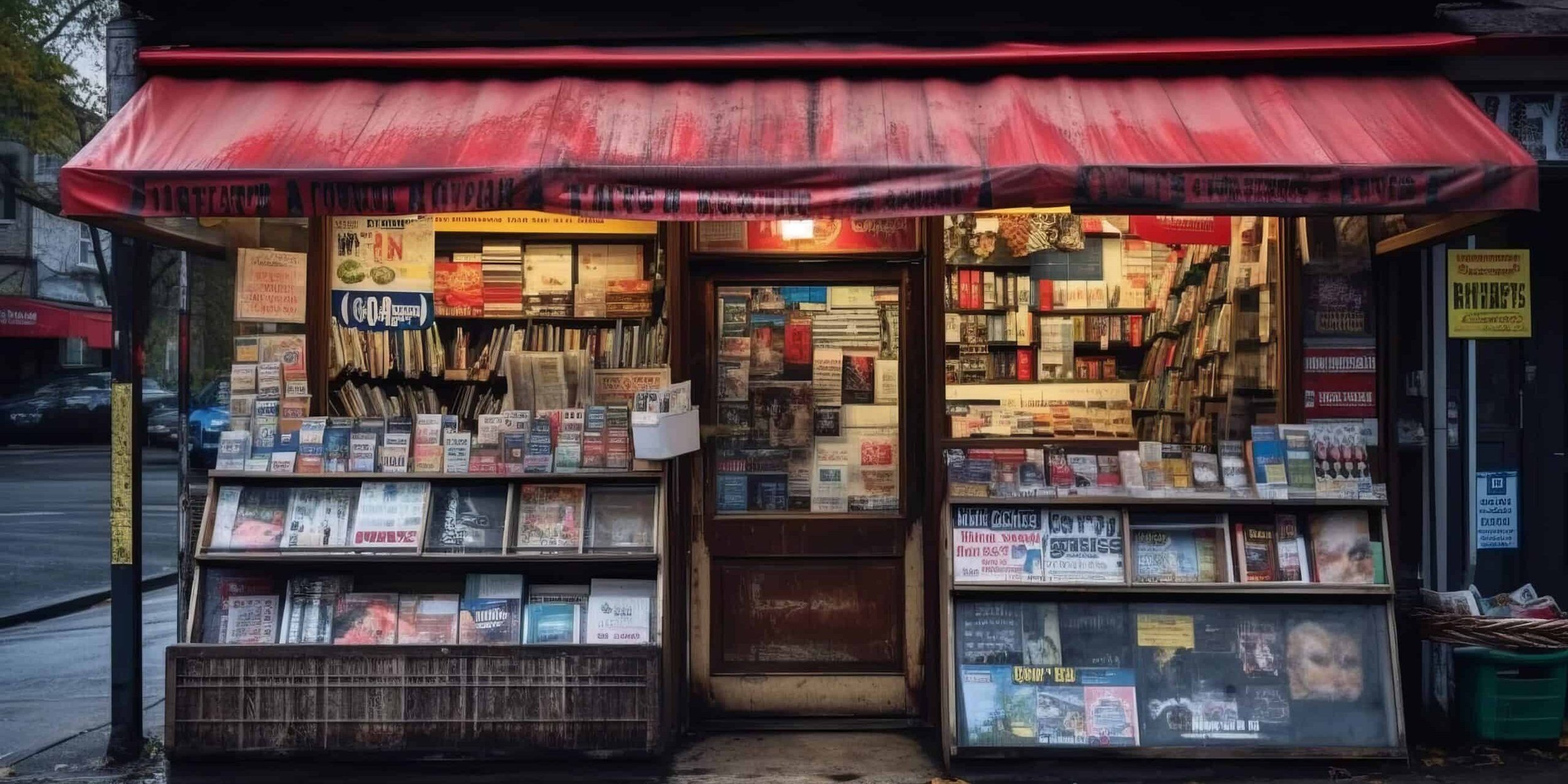From Newsstands to High-Profile Sales: The Influence of Auction Houses and Dealers.
Back to the past collectibles
Comic books, once a staple of corner newsstands, have now ascended to the prestigious auction blocks, transitioning from mere entertainment to coveted collectibles. This metamorphosis has been significantly steered by auction houses and dealers, who have redefined the market, boosting sales, amplifying popularity, and cementing the cultural and financial worth of comic books. This article delves into their influence of key players, and the dual impact of their influence, while also evoking the nostalgic allure of comic books' early days.
In the mid-20th century, comic books were a staple on newsstands, selling for as little as 10 cents. Kids eagerly awaited the latest issues of Superman, Batman, and Captain America. These comics were inexpensive, widely available, and primarily viewed as disposable entertainment for children. However, as these children grew up, the nostalgia for their childhood treasures, the thrill of turning the pages, and the excitement of the next issue began to transform comic books into valuable collectibles.
The turning point for comic books came with the inception of the first comic book convention in 1964 in New York City. This event marked the awakening of collectors to the cultural and historical value of comics, sparking the birth of a dedicated market for these illustrated narratives.
Auction houses have been instrumental in elevating the status of comic books. Heritage Auctions, a major player since its establishment in 1976, has set the bar high by introducing professionalism and transparency into the market. Their foray into comic book auctions in the early 2000s culminated in a world record in 2014, when a near-mint copy of Action Comics #1, featuring Superman's first appearance, was sold for a staggering $3.2 million. This sale was a testament to the immense financial potential of comic books.
Heritage Auctions reported over $79 million in comic book and comic art sales in 2019, up from $34 million in 2012. Their success has highlighted the growing market and the crucial role auction houses play in driving this growth. Another key player, ComicConnect, was established by Vincent Zurzolo and Stephen Fishler of Metropolis Collectibles. In 2011, ComicConnect made headlines with the sale of Amazing Fantasy #15, Spider-Man’s debut, for $1.1 million, underscoring the potential of online auctions and further fueling interest in high-value comics.
Dealers have been instrumental in shaping the comic book market, serving as intermediaries between sellers and auction houses, and offering services such as grading, curation, and market insights. Vincent Zurzolo and Stephen Fishler, co-founders of Metropolis Collectibles, have become trusted names in the industry, known for their expertise and commitment to maintaining market integrity. Metropolis Collectibles, founded in 1984, has become a cornerstone of the comic book market. By establishing the ComicConnect auction platform, they have facilitated numerous high-profile sales and helped elevate the status of comic books as serious collectibles.
The impact of auction houses and dealers is evident in the significant growth of the comic book market. According to a report by Grand View Research, the global comic book market was valued at USD 7.14 billion in 2021 and is expected to grow at a compound annual growth rate (CAGR) of 10.5% from 2021 to 2030. From our own GPAnlysis platform, we’ve recently recorded nearly $2B in total sales and over 7M in transactions (See Total Sales and Volume graphs below). High-profile sales, the increasing popularity of comic book characters in mainstream media, and the perception of comics as viable investment assets drive this growth. Auction houses and dealers have expanded the collector base by providing transparency, professional grading, and detailed descriptions of comic book conditions. This has increased buyer confidence and attracted new collectors who might have been hesitant to purchase from less reputable sources.
Total Sales Recorded by GPAnalysis
Several high-profile sales have underscored the rising value of comic books. Beyond the record-breaking sale of Action Comics #1, Heritage Auctions sold a near-mint copy of Batman #1 for $569,273 in 2018, and a copy of Marvel Comics #1 for $1.26 million in 2019. These transactions highlight the financial potential of comic book collecting and draw new investors into the market. Auction houses and dealers have also played a crucial role in preserving comic book history and fostering a sense of community among collectors. By hosting conventions, auctions, and other events, they have created spaces for collectors to engage with each other and with the medium, ensuring the continued growth and vibrancy of the comic book market.
Auction houses have increased market transparency, expanded the market, and preserved comic book history. Their professionalism has attracted new collectors and investors, driving up sales and ensuring that comic books are valued as serious collectibles. However, there are concerns about potential market manipulation by those with significant influence, and it's important for collectors and investors to be aware of these risks.
From their early days on newsstands to their current status as high-value collectibles, comic books have undergone a significant transformation. Auction houses and dealers have been central to this evolution, driving sales, increasing popularity, and cementing comic books' status as valuable collectibles. Through professionalism, transparency, and high-profile sales, they have expanded the market and attracted a new generation of collectors and investors. As the market continues to evolve, the influence of auction houses and dealers will remain central, shaping the future of comic book collecting for years to come.






